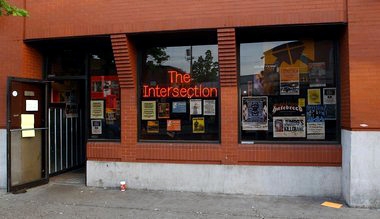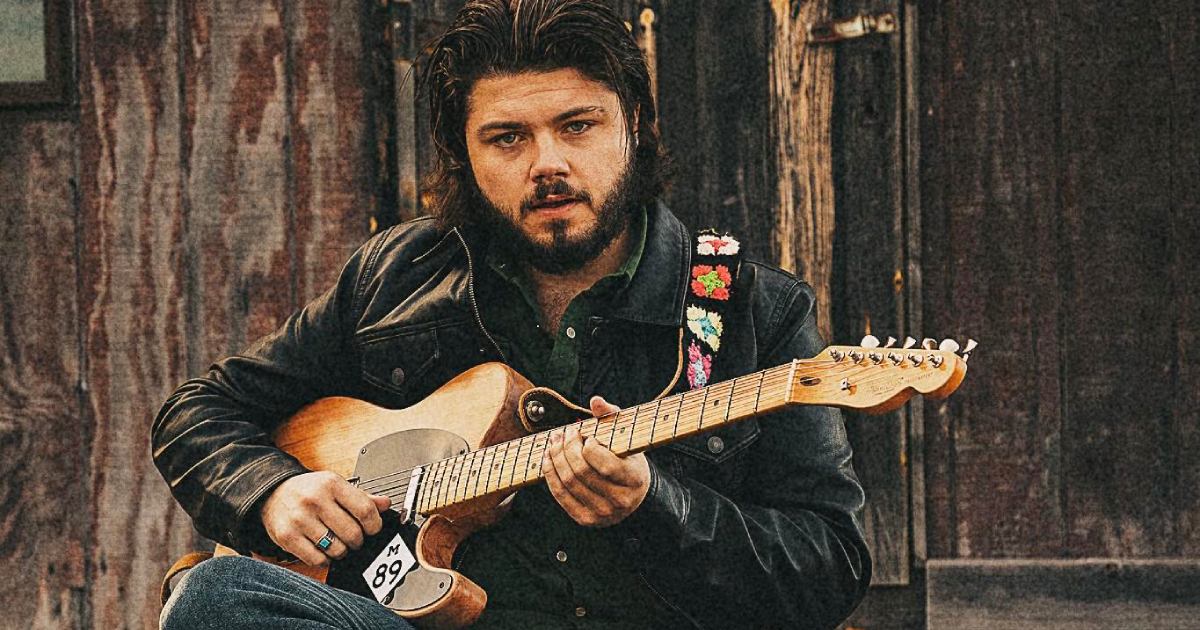It’s been three decades since Revue started charting the evolution of West Michigan’s local music scene. Our editors have been assigning stories, printing reviews and lending our covers to local and national bands in an ongoing effort to enrich our ever-changing music scene. Grand Rapids alone has added landmark venues like Van Andel Arena, The Pyramid Scheme, Frederik Meijer Gardens and 20 Monroe Live to keep up with the increasing demand for live indie, rock, hip-hop, country, metal and psychedelic music in West Michigan.
How different is today’s scene compared to 1988, when [Music] Revue magazine first started printing?
Far more shows
There are more live music venues in West Michigan than ever before. For every sorely missed old-school room like The Reptile House, Skelletones and Club Soda, one or two fresh venues has come along to take its place. And some of our best new venues came with microbreweries attached! Founders, Elk Brewing, Harmony Hall and many of the new Michigan brewpubs are set up to showcase local and national bands playing originals and covers. West Michigan’s new casinos feature live music from local rock bands and sets by live DJs. The Intersection is adding two more clubs beneath the main level of its new downtown location. Even coffee shops and record stores bring in local talent to perform in-house.
“Ten or 15 years ago, the scene couldn’t support even two shows on the same night,” said Jeff VandenBerg, co-owner of The Pyramid Scheme in Grand Rapids. “Now you’ll look and it’s amazing — sometimes there will be four or five shows going on at the same time. There are also a lot of house shows happening right now, where a house will just pop up and have bands for a while.”
“People have access to so many tools for making music: Pro Tools, loopers, BeatBuddy’s, apps, Appleton. There are endless ways to create now,” said Michael McIntosh, singer for the band Drop 35. “I even know an iPad band. That’s what they use for instruments! They sound great and I don’t think you could have an easier setup and teardown.”
McIntosh added that while opportunities are smaller and the pay is less, the cost of entry has dropped significantly.
“Twenty years ago, my bands had to use a giant truck to carry everything; giant PAs, huge PAR can light shows that used a bunch of electricity,” he said. “Now, you can make music from your phone if you are so inclined.”
The Intersection’s big move
In 2003, The Intersection moved into its new location downtown, leaving a hole in Eastown that’s never been properly filled. Billy’s Lounge remains a versatile Eastown room and Mulligan’s Pub added a band room to showcase original bands, but a lot of folks miss The Intersection’s old location.
“The Reptile House was cool, but it was also kind of a shithole,” said VandenBerg when asked what clubs he misses most. “I really liked the old Intersection. It had more of a college feel.”
Also gone is Aris’ Hometown Rock Music Search, one of two big annual GR band battles that enjoyed 13 years of popularity at The Orbit Room. The Rock Search was a tremendous month-long local music showcase that brought about 25 bands a lot of attention, prizes and radio play.
Metal’s descent
West Michigan had been long known to the national music industry as one of the hottest U.S. markets for heavy metal. That’s slowed down in recent years, especially with the loss of the Intersection’s Heavyweight Championship, an annual winter showcase where as many as 30 local metal bands would compete for the yearly title and prizes. Local metal promoter Jen Lorenski agreed the metal scene has slowed in recent years: “There are definitely less shows and fewer metal bands in West Michigan,” Lorenski said. “Fewer venues welcome heavier bands. We also don’t have mainstream media support like we used to. It’s a DIY heavy metal culture these days.”
Radio silence
The sudden decline of the metal scene is in part due to the loss of radio station WKLQ, whose heavy music rotation had been one of the driving elements of West Michigan’s metal scene. It went off the air in 2009 after a long run of cutthroat competition with its rival, WGRD. Both stations used to make an effort to stoke the local music scene, often playing local releases as part of their everyday programing. However, community station WYCE has remained diligent in playing local bands’ original recordings on the air, and hands out awards at its annual Jammie Awards Show.
The Verve Pipe
We can’t talk about the West Michigan music scene without mentioning the success of The Verve Pipe during the mid-to-late nineties. Arguably the most successful band to emerge nationally from the West Michigan scene, it is still led by singer Brian VanderArk as it continues to record and tour 20 years after the Lansing-based band managed to get the support of RCA to record its first nationally released album, 1996’s Villains. That album’s third single, The Freshman, became a number one song on the national billboard charts. The band’s rise to national fame gave a lot of area bands hope that they could still make it in music without moving to a larger market.
Where we are now
“Right now is a peak time for the local music scene,” said VandenBerg, whose live music club The Pyramid Scheme in downtown GR has been responsible for bringing all kinds of national artists to West Michigan and acted as a home for original bands and tribute shows. “But most local bands aren’t making much money.”
Career musician McIntosh agreed: “When I started, I could play every day of the week. I recall playing almost 300 days one year. The money was much higher as well. Now it is incredibly hard to make a living doing it and close to impossible to not have some other source of income to supplement.”





